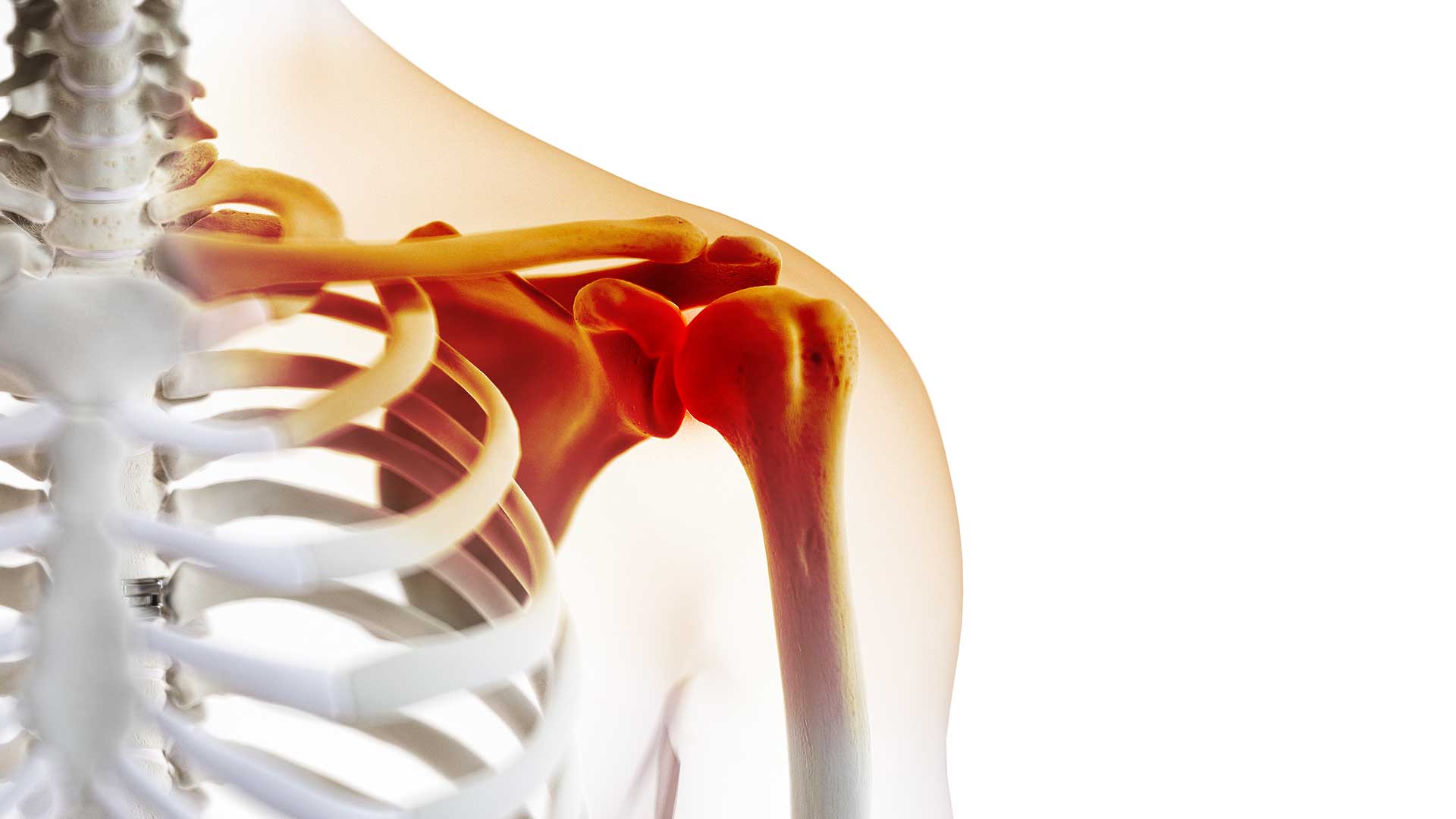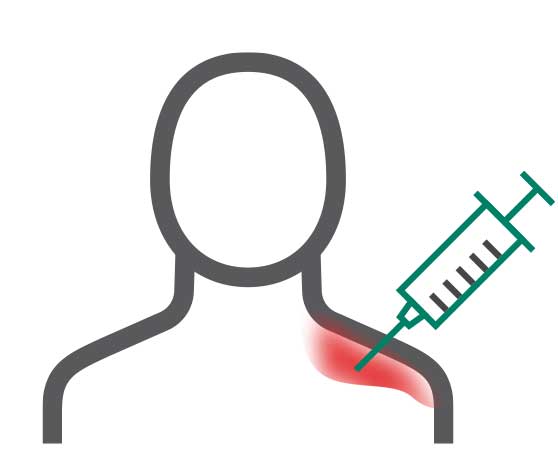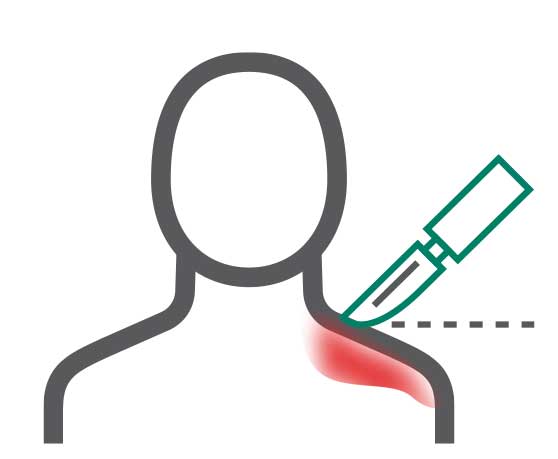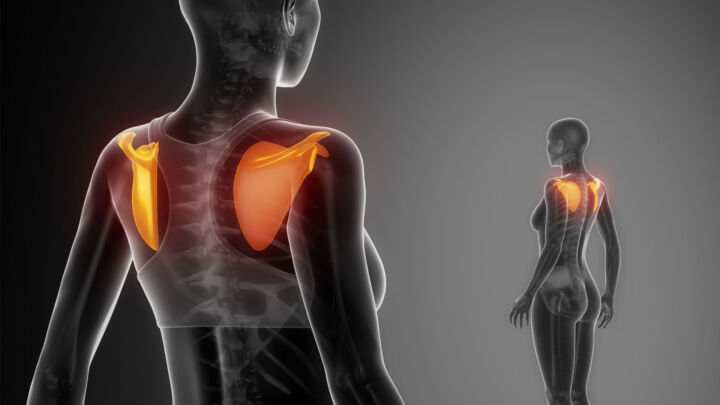Frozen shoulder, also known as adhesive capsulitis, is a condition that causes pain and stiffness in the shoulder and limits shoulder movement. The pain is caused by an inflammation of the capsule or lining that connects the arm and the body. This lining Is usually soft, supple, and capacious. Frozen shoulders are usually found tight, inflamed, and thickened. Symptoms may develop gradually and worsen over time.
Your risk of developing a frozen shoulder increases if you:
- Are recovering from a procedure that immobilises your shoulder
- Are a woman
- Are aged 40 to 60
- Have diabetes, thyroid problems or endocrine or autoimmune conditions
What are the symptoms of frozen shoulder?
The main symptoms of a frozen shoulder are pain and stiffness that makes moving difficult. The pain may worsen at night; disrupting one’s sleep. The onset is usually insidious and can hamper one’s day-to-day activities.
If you experience symptoms of a frozen shoulder, consult an orthopaedic shoulder specialist.

How is frozen shoulder diagnosed?
A detailed history and physical examination is usually required to diagnose frozen shoulder.
Imaging tests such as X-rays, or magnetic resonance imaging (MRI) may be ordered to rule out other medical conditions such as arthritis that can limit shoulder movements.
The diagnosis of frozen shoulder is usually clinical.
How long does it take for frozen shoulder to recover?
About 90 per cent of patients with frozen shoulders do improve after six months of non-operative treatment like injections, medications, and physiotherapy. However, there are about 10 per cent of patients who may require surgery to resolve the problem.
What treatments are there for frozen shoulder?
Orthopaedic specialists may prescribe non-steroidal anti-inflammation medications or a short course of steroids to help reduce the inflammation in your shoulder.
A physiotherapist is usually required to help you gently manipulate and also stretch the shoulder. It is important for you to perform these stretches daily and as frequent as you can each day.
If your symptoms do not improve, your orthopaedic specialist may recommend other treatments, which may include:

Steroid injection
If your frozen shoulder is in its early stages, your orthopaedic specialist may inject steroids into your shoulder joint to reduce pain and improve mobility. Performing stretching exercises independently and with the help of your therapist is also crucial in optimising results.

Surgery
About 10 per cent of patients, despite all other non-operative treatment, may still experience pain, stiffness, and sleepless nights. In this case, orthopaedic surgeons will then discuss the option of surgery. A keyhole surgery will usually take place to remove the inflammation and release the capsular and rotator interval to prevent reoccurrence of frozen shoulder.
Make an appointment
Make an appointment to consult an orthopaedic specialist. Select "Specialist Appointment". Under Specialist Appointment Details, select "Orthopaedic Surgery" or "Pain Management".
Make an enquiry. We will get back to you within 2 working days. You can reach us at 6311 2310.

